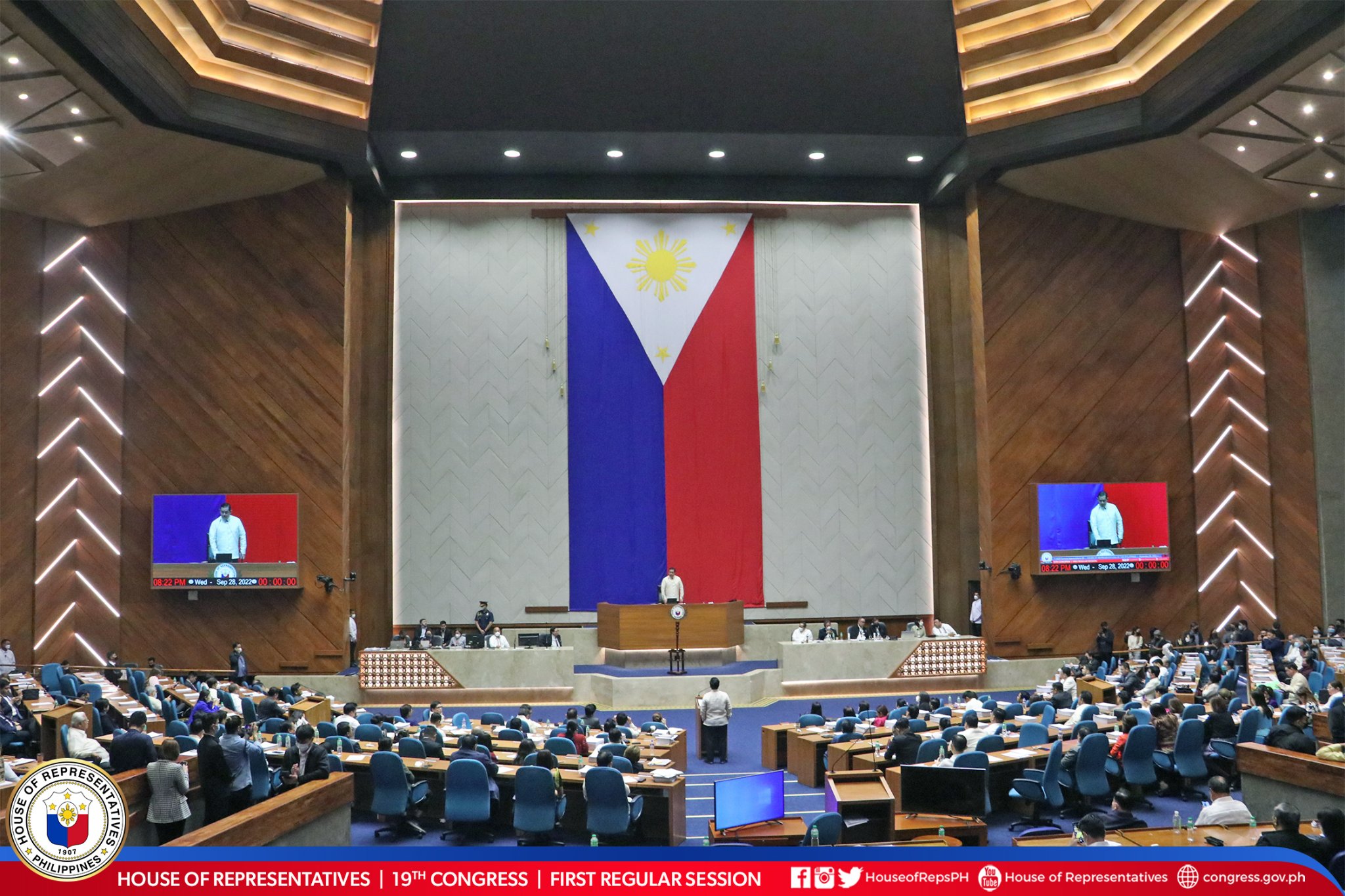News
House OKs extension of tax amnesty deadline to June 2025

No lawmaker voted against the measure or abstained from voting. (File Photo: House of Representatives of the Philippines/Facebook)
MANILA – A measure extending the deadline of the estate tax amnesty for another two years until 2025 hurdled final reading approval at the House of Representatives.
During a plenary session on Monday, a total of 259 lawmakers voted to approve House Bill 7909, extending the coverage and period of availing the Estate Tax Amnesty from June 14, 2023 to June 14, 2025.
No lawmaker voted against the measure or abstained from voting.
The measure seeks to amend Republic Act 11213, as amended, also known as the “Tax Amnesty Act.”
Speaker Martin Romualdez, the principal author of the measure, said the proposed extension would give those covered by the law enough time to avail themselves of the amnesty and lower tax rates so they could use the properties and other assets they have inherited from their dead loved ones.
He said the proposal would also alleviate the burden of those who would want to avail of the amnesty but are still transitioning from financial difficulties to post-pandemic recovery.
“They have barely recovered from the Covid-19 (coronavirus disease 2019) pandemic, and the amnesty deadline, which had been extended once, is just a month away. It’s on June 14. Thus, the need for another extension,” he said.
House Ways and Means Committee chair Joey Salceda said about 920,000 Filipino families could benefit from the measure.
“Based on our simulations, almost a million Filipino families have estates to settle. That is despite the first Estate Tax Amnesty and its subsequent extension by two years,” Salceda said.
Romualdez appealed to the intended amnesty beneficiaries to take advantage of the projected new extension.
He also urged the Bureau of Internal Revenue to simplify the amnesty application procedure and allow online filing, especially for heirs who are overseas Filipino workers.
Romualdez said the payment of estate taxes would not only result in additional tax revenue for the government but also faster distribution and use of inherited properties.
“It would unlock the potential for the development and economic utilization of those assets to the benefit not only of the heirs but of communities where those properties are located,” he said.
Under the Tax Amnesty Act, delinquent heirs, executors, and administrators had up to June 15, 2021 to avail themselves of amnesty.
The law covered the estates of decedents who died on or before Dec. 31, 2017, with or without duly issued assessments, and whose estate taxes have remained unpaid or have accrued as of the same date.
The law offers those taking advantage of amnesty immunity from civil, criminal, and administrative cases and penalties under the 1997 Tax Code.
The pandemic prompted Congress to amend the law in June 2021 to provide for a two-year extension up to June 14, 2023.
Pass measure “before window closes”
Salceda, meanwhile, urged his Senate counterparts to “pass the Estate Tax Amnesty extension over the next few session days, before the window closes,” as the legislation expires June 14 this year.
He made the call before Congress goes on sine die adjournment on June 2.
“I urge the Senate, for this and in general, try to match the speed with which the House disposes of urgent measures. For estate tax amnesty extension, it’s a ‘yes’ or ‘no’ question. Not much need for debate here. It’s simply to extend or not to extend,” Salceda said.
“If the Senate doesn’t do this over the next few days, the amnesty will expire while we are not in session. There will be a window of time, meanwhile, when people are uncertain about what to do next with their estates.”
He also recommended that President Ferdinand R. Marcos Jr. “issue a certification of urgency” to give Senate the signal to do floor deliberations in one day.
“The majority, on both houses, exists for a reason. We exist because the people want us to get things done fast. This is a ‘yes-or-no’ question with a clear deadline, and with clear consequences if we miss the deadline,” Salceda said.





















